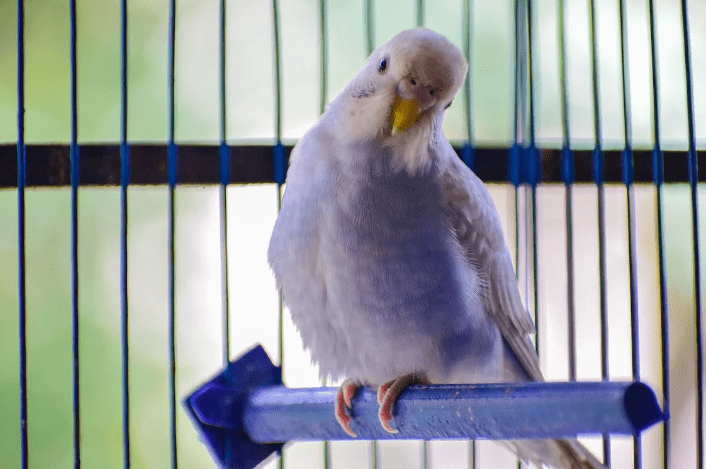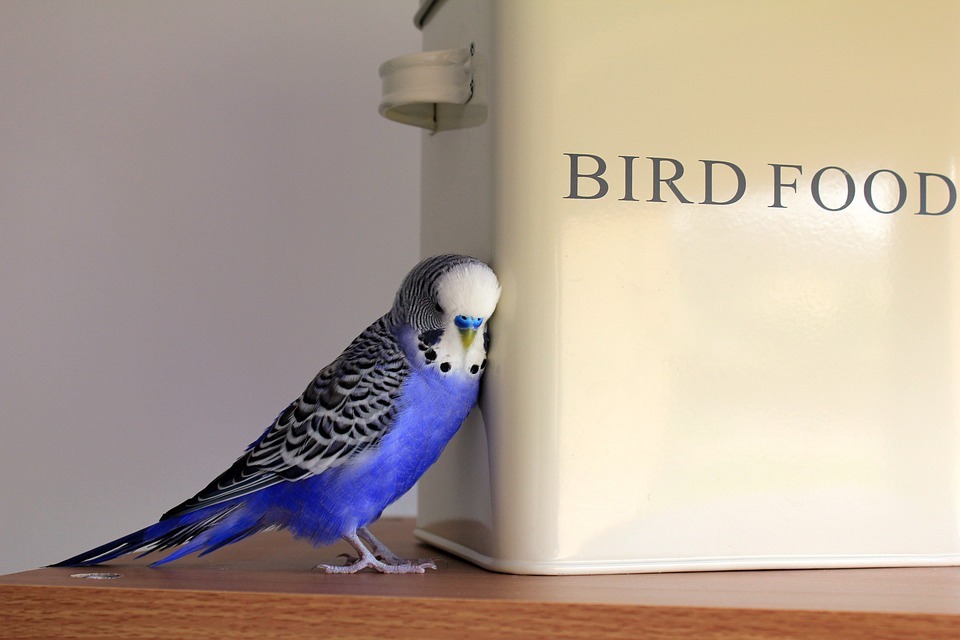Birds, much like humans and other animals, are capable of becoming unhappy and even depressed. Prolonged depression can lead to a whole lot of problems, such as lowered immune response and self-destructive behaviors. If you suspect your pet to be depressed, try comparing its behavior with the points listed below. Signs indicating depression may mean that there’s a need for a change in your interaction with your pet or its environment.
Feather Plucking
When birds start plucking their feathers, it can instantly progress into a destructive and chronic problem. If you begin seeing bald patches on your pet, bring it to your avian vet for a check-up. Once you’re confident that there is no medical issue, then you can start figuring out why your bird is exhibiting that behavior. A lot of birds start feather plucking when they’re bored or not getting enough social interaction. Spend more time with your pet every day because it might need you.
Aggression
One of the most easily recognizable and obvious signs that your bird is depressed is a sudden personality change. This is often manifested, especially in parrots, as aggression. Aggression can be related to hormonal issues and seasonal, but a continued change in behavior might be a sign that your pet experiences chronic unhappiness. To make sure, if your pet shows any sudden changes in behavior, have them checked by the vet to eliminate medical concerns. If it turns out that there’s no concern, then you can start inspecting the possible triggers of your bird’s behavior.
Loss of Appetite
One major sign of depression is the loss of appetite, although it can also be a symptom of other types of concerns in birds. As birds have speedy metabolisms, it’s essential to learn how to recognize if your pet is not eating quickly. Weight loss can happen fast and be dangerous to your pet bird, so if you observe that there’s a change in your pet’s food intake for two consecutive days, immediately schedule an appointment with your vet.
Stress Bars
Another sign that your pet could be depressed or stress is the appearance of stress bars on its feathers. Stress bars aren’t really health concerns, but they can serve as a hint on the issues with your pet bird‘s quality of life and happiness. If you see your pet having stress bars, take a deeper look at its social interactions, environment, diet, and play schedule. If you notice areas for improvement, try boosting things up a bit and try to discern any difference in the way your pet feels and looks.
Change in Vocalizations
If you owned your bird for a while, then you probably know it better than anyone. You should already be familiar with the types and frequency of vocalizations that your pet makes every day. If you start noticing changes in the kind and level of your bird’s vocalization, it might be a symptom that your pet is depressed. Many birds scream out of frustration and boredom, so if your pet is screaming louder than average, it might be a sign that your bird wants to interact more with you.
What to Do When Your Pet is Unhappy
If your bird exhibits any of these symptoms, the first and the best thing to do is to schedule a full check-up appointment with your avian veterinarian. If the vet doesn’t detect any medical reason for the symptoms, then it might be caused by depression.
To help your pet bird come out of its state of unhappiness, try these following steps:
- Use a new cage liner and clean food and water cups every day to keep the cage clean.
- If you only have one pet bird, consider getting it a companion.
- Not enough mental stimulation is one of the significant causes of bird depression. Make sure to give your pet a lot of fun and safe bird toys. Also, you can frequently give your pet new toys to keep it excited.
- Check the position of the cage and make sure that the area isn’t stressful for your pet bird. If you can, move the cage to an area of your home where your pet can see the family as they like stimulation and are social creatures.
- Make sure that you and the other members of your family spend enough one-on-one time with your bird and that it gets sufficient time playing outside the cage daily. A ride on your shoulder can bring a lot of difference in the mood of your pet. You can also let your bird watch with you if you have screen time.
- If your bird has just recently lost a partner, be patient with it. Birds take a lot of time to grieve a get over a loss. If things aren’t improving in a couple of weeks, have your pet checked.


